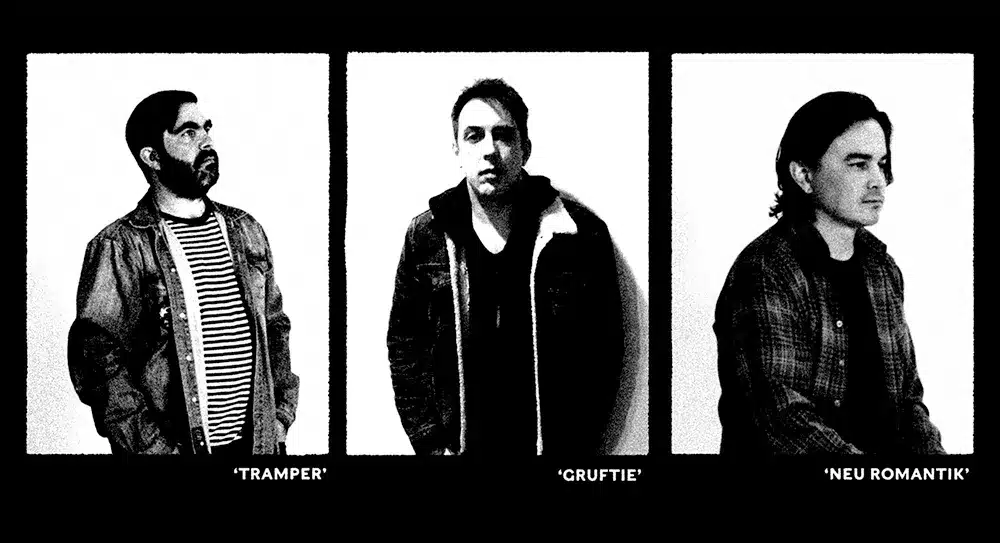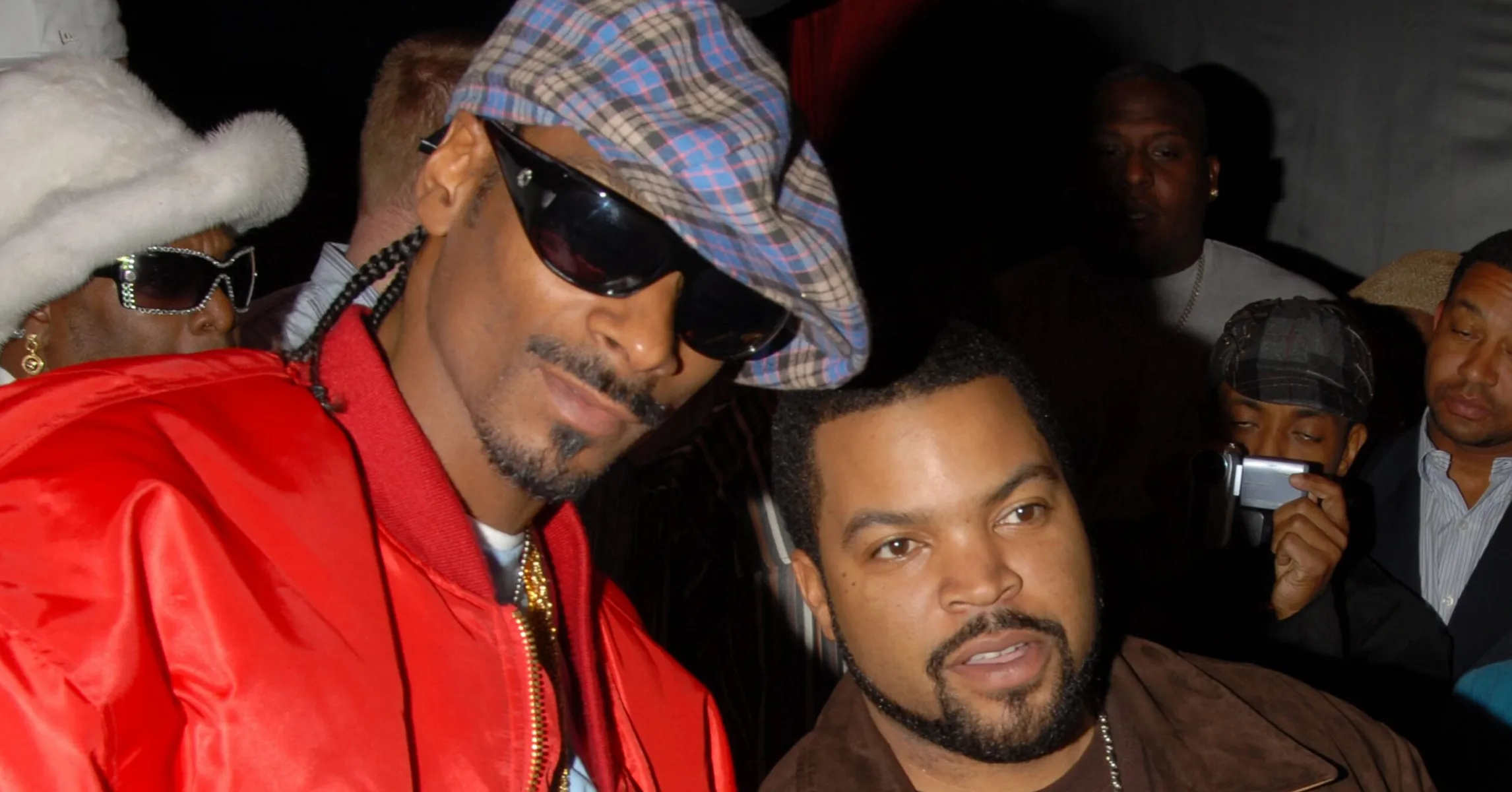Copyright popmatters

With the seemingly ever-growing list of “wolf” bands circa 2005 (Wolf Eyes, Wolfmother, Superwolf), Wolf Parade could have been nothing more than a novelty act, especially considering their slapdash formation. This was a time when the indie apparatus felt compelled to churn out hot new bands (ahem, Clap Your Hands Say Yeah) with little regard for their long-term viability. Fellow Canadians Arcade Fire, widely considered indie’s next big thing, invited Spencer Krug (then a member of Frog Eyes) to open for them. Krug engaged Dan Boeckner (formerly of Atlas Strategic) and eventually scrapped the drum machine to enlist the talents of Arlen Thompson. That was all prior to the band members learning they had some common ties, in particular having attended Expo 86, the World’s Fair held in Vancouver to celebrate the city’s centennial. Following some gigs and self-releases, they began rubbing elbows with Isaac Brock, who had ties to Sub Pop and was able to secure them a signing to the label and record a proper EP. When it came time to record their first full-length, it only made sense for Brock to take the helm as producer. With this setup, it seemed impossible for them to fail. What wasn’t a given is just how superb their first record would be, if not in terms of record sales, at least in the collective mindset of indie enthusiasts who were hearing a hot take on those raucous yet familiar sounds. Wolf Parade‘s Apologies to the Queen Mary was met with instant praise, garnering a 9.2 from Pitchfork, which likened the experience to hearing Modest Mouse for the first time. It wasn’t entirely the Brock influence either, although his presence can certainly be felt. It was more the excitement of hearing something so groundbreaking for the first time, similar to how people mythologize Arcade Fire’s Funeral today. Moreover, Wolf Parade’s debut record took full advantage of the spotlight. Unwittingly, it paved the way for Band of Horses’ Everything All the Time, where a band could gain instant recognition with just one song, at the risk of their identity being obfuscated in the process. As a group formed by two principal songwriters, the Wolf Parade’s LP alternates between the two, a trend that has continued throughout their career. A debate instantly raged about whether Krug or Boeckner was the better songwriter. My friends and I had intense discussions about who was the better vocalist and why, each person leaning toward one camp but willing to concede on certain points. For instance, I consider myself a Boeckner guy through and through, but I maintain that Krug’s “I’ll Believe in Anything” towers above anything in their catalog, whereas a Krug devotee may find Boeckner’s “Shine a Light” equally unmatched. Apologies to the Queen Mary arrived prior to the ubiquitous scholarly phrase “not either-or; both-and”. However, that is precisely what Wolf Parade demanded of listeners. Those debates, while a fun diversion, become effectively irrelevant because both singers are great and each makes the other better. What has made the group so brilliant is not only Krug and Boeckner’s contrasts but also how their styles converged. They achieve a certain synergy that can only come from musicians so distinct yet complementary. This duality has made Wolf Parade far more enjoyable than their respective solo endeavors, Sunset Rubdown and Handsome Furs. Wolf Parade’s debut was more than a platform to showcase Krug and Boeckner. There is depth to the songwriting that allowed cohesive themes to emerge. If childhood and death colored Funeral, Wolf Parade ruminated on ghosts and nighttime, with an apparent disdain for modern constructs. They made the case rather simply on “Modern World” (“I’m not in love with the modern world”) but could equally employ a more lyrical turn of phrase. The anthemic “Shine a Light”, with its churning guitar and steady synthesizer, finds Boeckner lamenting the current state of things: “There is an awful sound, this haunted town / And it will not, it will not, just be quiet.” The song soon shifts to the afterlife, and he alludes to that old Jim Morrison adage: no one here gets out alive. Ghosts seem to appear everywhere. They are being pinned down by streetlights and haunting us in domestic spaces, as they witness us succumb to the opiate of the people. There is an urgency to solve the dilemma of life after death. The imagery the band conjures seems to straddle this world and the next. In the blistering “Fancy Claps”, Krug instructs, “When I die, I’m leaving you my feet / When you die, you can stand up for me / We can lie in a homemade canoe / You can put me in your hair, I’ll be happy there.” The visuals are mind-boggling and absolutely brilliant. Perhaps the most defining quality of Apologies to the Queen Mary is Wolf Parade’s exuberance. That element can come across as childlike, as heard on “Grounds for Divorce”, or with the ferocious intensity of “We Built Another World”. There are moments of lethargy, like “Same Ghost Every Night”, but the overall impression is that of a band eager to get down to business. That industriousness can be felt with the vulnerable and romantic “This Heart’s on Fire”, which would delight even the most ardent Bruce Springsteen fan. Similar to Arcade Fire before them, Wolf Parade’s sophomore album, At Mount Zoomer (2008), didn’t quite live up to the hype. However, upon second or perhaps third listen, it may be that it should have (I would challenge anyone to find a more compelling trio of songs than what closes the record). They would go on to release a handful of meaningful albums, including the underappreciated EXPO 86 (2010). They could reasonably release another stunner today, as they have not officially disbanded. Even after 20 years, Wolf Parade’s debut record still titillates. As good as Apologies to the Queen Mary will forever be—and it is a revelation—it will never transcend the standout track: “I’ll Believe in Anything”. Good or bad, the album will be mentioned in the same breath as those first keyboard notes, drum strikes, and yelping cadence. The vigor with which Krug pleads “Your blood / Your bones / Your voice / And your ghost” feels as visceral—as lifelike, if you will—as anything the band (or those who would become their lifelong fans) could have envisioned.



